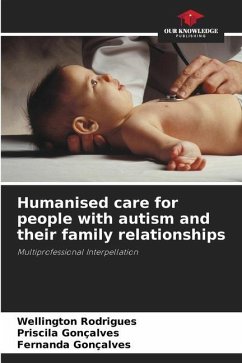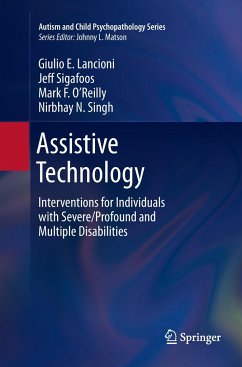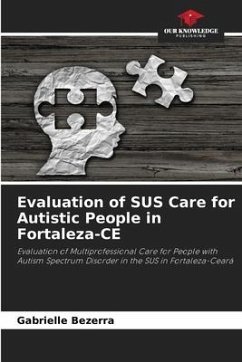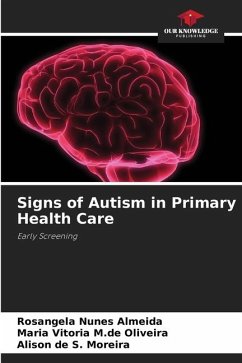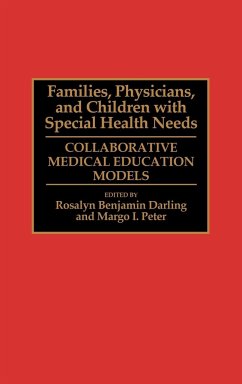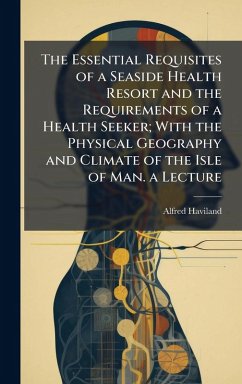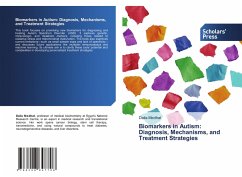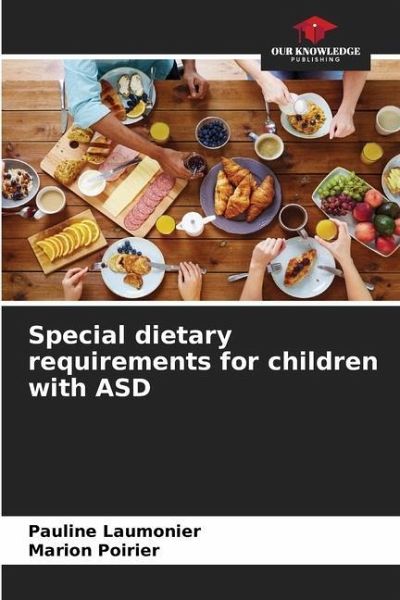
Special dietary requirements for children with ASD
Versandkostenfrei!
Versandfertig in 6-10 Tagen
27,99 €
inkl. MwSt.

PAYBACK Punkte
14 °P sammeln!
Although meals are primarily a way of satisfying vital needs, they are also a time for sharing and conviviality. Yet, according to the literature, between 13% and 50% of all children suffer from eating difficulties. In children with Autistic Spectrum Disorders (ASD), this percentage varies between 56 and 87%. They are therefore more likely to present dietary peculiarities. Yet there is currently no comprehensive dietary assessment for children with ASD. In view of these theoretical findings, we decided to investigate the influence of making a specific assessment available for the evaluation an...
Although meals are primarily a way of satisfying vital needs, they are also a time for sharing and conviviality. Yet, according to the literature, between 13% and 50% of all children suffer from eating difficulties. In children with Autistic Spectrum Disorders (ASD), this percentage varies between 56 and 87%. They are therefore more likely to present dietary peculiarities. Yet there is currently no comprehensive dietary assessment for children with ASD. In view of these theoretical findings, we decided to investigate the influence of making a specific assessment available for the evaluation and subsequent speech therapy rehabilitation of eating disorders in children with ASD.





